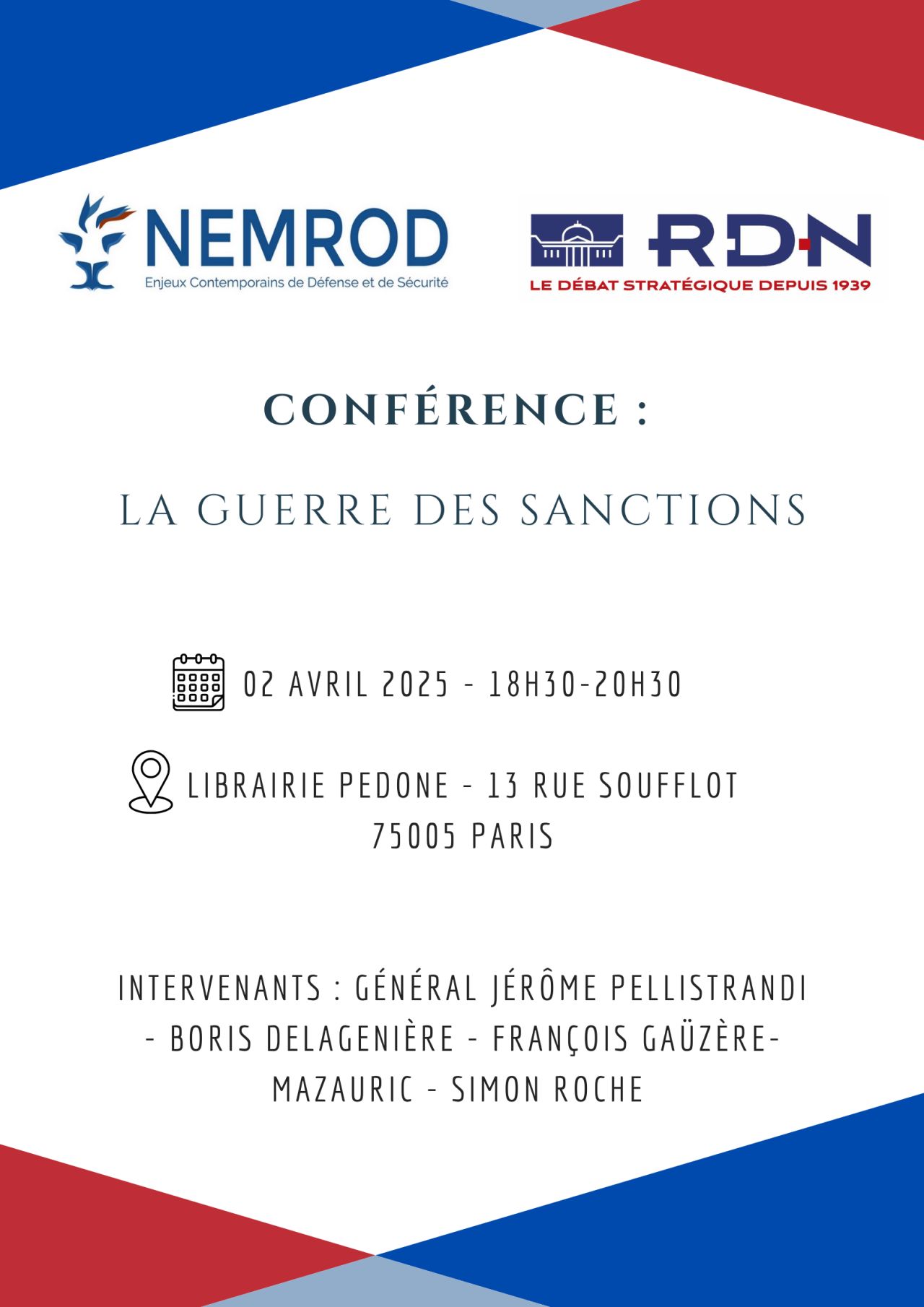Editorial
The old order of the last century ended following the fall of the Berlin Wall but nothing has yet replaced it. That thesis is explored in our leading article by Claude Revel, who nevertheless detects some basic tenets that might form the basis of a new order. After reviewing the various concepts of world order, she maintains that we will not be able to avoid a confrontation, hopefully peaceful, of models. In this interdependent world, is there not room for a third way, between powerful private entities and authoritarian state structures, based on the notion that the rule of law and public good are in everyone’s interest?
Following the brief uni-polar moment between the end of the Cold War and the US war in Iraq, the world has become zero-polar. Simon Serfaty writes that the United States and Europe must adapt to this reality and re-think the transatlantic relationship, and that within it relations between Washington and Paris remain decisive. Powerful America has weaknesses and weak Europe has its strengths, but together they form at present the only available axis of stability in this zero-polar world.
The consequences of the professionalization of France’s armed forces are considered by Lionel Delort. There have been many dividends but the problem areas are far from negligible. For instance, units are highly sophisticated but increasingly fewer in number. So strategy is based on the anticipation of crises and rapid reaction with the limited force volume available—which in turn relies on quick political decisions. The question is, has France properly prepared for its defence? In the long run, guaranteed security cannot rest solely on a force of limited size.
Our fourth piece is an obituary. In August this year General Pierre Gallois left us, as the French delicately put it, after a long career that left its mark on French strategic thinking. Christian Malis here traces the milestones in the life of a man considered by many to be the father of French nuclear deterrent doctrine. Those included his influence on resurrecting the aircraft industry and on changing staff thinking, his insistence that deterrence can only be national, his hostility to the American hyperpower and his prediction of imperial overstretch, and his opposition to expeditionary postures beyond the country’s means.
Our website (www.defnat.com) has recently undergone a remake. We welcome your comments on the new format: let us know if you find it reader-friendly.






